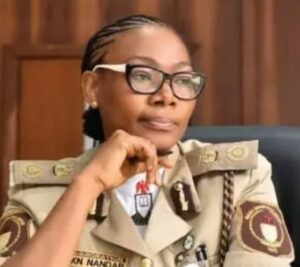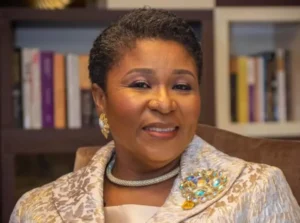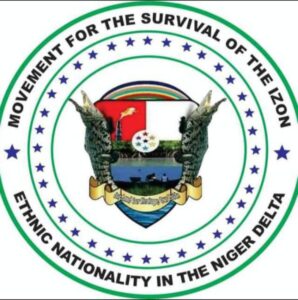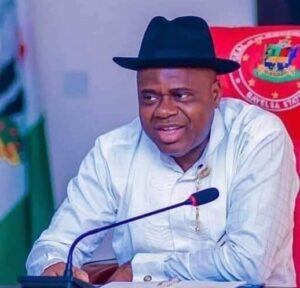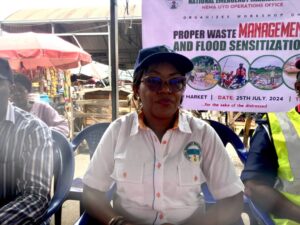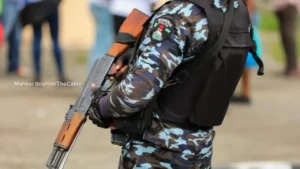SERAP sues Tinubu over unlawful ban of 25 journalists from Aso Villa
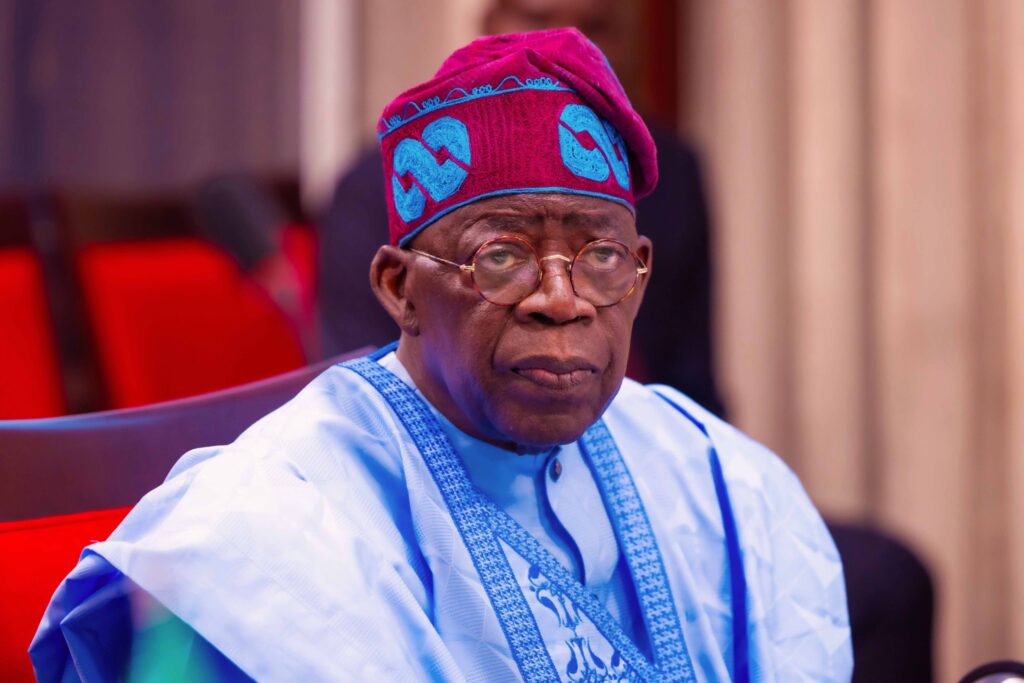
Socio-Economic Rights and Accountability Project, SERAP, has sued President Bola Tinubu over the unlawful ban and withdrawal of the accreditations of 25 journalists, including Vanguard Correspondent and media houses from covering the Presidential Villa.
The suit followed the expiration of a 48-hour ultimatum issued by SERAP to FG for the withdrawal of the ban or to face legal action.
SERAP urged Tinubu, to publicly instruct the officials in the presidential villa to allow journalists and media houses to freely do their job and discharge their constitutional duty of holding those in power to account.
The Federal Government had on 18 August 2023 withdrawn the accreditation tags of some 25 journalists and media houses from covering activities at the Presidential Villa, Abuja.
The affected journalists were simply told at the main gate of the Presidential Villa to submit their accreditation tags.
The banned journalists reportedly include those from Vanguard newspaper; Galaxy TV; Ben TV; MITV; ITV Abuja; PromptNews, ONTV, and Liberty.
Other media personnel affected by the withdrawal are mostly reporters and cameramen from broadcast, print, and online media outlets.
In the suit filed on behalf of SERAP by its lawyers, Ebun-Olu Adegboruwa, SAN, Kolawole Oluwadare, and Ms Valentina Adegoke, last Friday at the Federal High Court in Lagos, SERAP is seeking: “an order to direct and compel President Tinubu to reverse the revocation of the accreditations and ban on 25 journalists and media houses from covering the Presidential Villa.
“An order of perpetual injunction to restrain President Tinubu or any other authority, person or group of persons from arbitrarily and unilaterally revoking the accreditations of any journalists and media houses from covering the Presidential Villa.”
SERAP is also seeking: “A declaration that the withdrawal and revocation of accreditation tags and ban on the journalists and media houses from covering the Presidential Villa without any lawful justifications is inconsistent with the rights to freedom of expression, access to information, participation, and media freedom.”
In the suit, SERAP is arguing that: “If not reversed, the arbitrary ban on the journalists from covering the Presidential Villa would open the door to other cases of arbitrariness and would restrict people’s right to freedom of expression, access to information, participation, and media freedom.”
SERAP is also arguing that “The withdrawal of the accreditations of the journalists is without any lawful justifications. It is inconsistent and incompatible with plurality of voices, diversity of voices, non-discrimination, and just demands of a democratic society, as well as the public interest.”
The suit read in part: “The ban on the journalists from covering the Presidential Villa fails to meet the requirements of legality, necessity, and proportionality.”
“The media plays an essential role as a vehicle or instrument for the exercise of freedom of expression and access to information – in its individual and collective aspects – in a democratic society.
“The existence of a free, independent, vigorous, pluralistic, and diverse media is essential for the proper functioning of a democratic society.
“The free circulation of ideas and news is not possible except in the context of a plurality of sources of information and media outlets. The lack of plurality in sources of information is a serious obstacle for the functioning of democracy.
“The exercise of the right to freedom of expression through the media is a guarantee that is fundamental for advancing the collective deliberative process on public and democratic issues.”
“The strengthening of the guarantee of freedom of expression is a precondition for the exercise of other human rights, as well as a precondition to the right to participation to be informed and reasoned.
“Under the Nigerian Constitution 1999 [as amended] and human rights treaties to which Nigeria is a state party, freedom and diversity must be guiding principles in the measures to promote media freedom. The ban on the 25 journalists is entirely inconsistent and incompatible with these principles.
“The Federal Government should aspire to promote and expand the scope of media freedom, access to information, freedom of expression, and citizens’ participation, not restrict these fundamental freedoms.
“Barring these journalists and media houses from covering the Presidential Villa is to prevent them from carrying out their legitimate constitutional responsibility.
“The withdrawal of the accreditation tags of these journalists directly violates media freedom and human rights including access to information and the right to participation. It would have a significant chilling effect on newsgathering and reporting functions and may lead to self-censorship.
“The withdrawal of the accreditations of the journalists would construct barriers between Nigerians and certain information about the operations of their government, something which they have a constitutional right to receive.”
“Media freedom, access to information and the right to participation are necessary for the maintenance of an open and accountable government. These freedoms are so fundamental in a democracy that they trump any vague grounds of ‘security concerns and overcrowding of the press gallery area.’
“Under section 22 of the Nigerian Constitution, the mass media including ‘the press, radio, television and other agencies of the mass media shall at all times be free to uphold the fundamental objectives contained in this Chapter and uphold the responsibility and accountability of the Government to the people.”
Meantime, no date has been fixed for the hearing of the suit.
Vanguard
